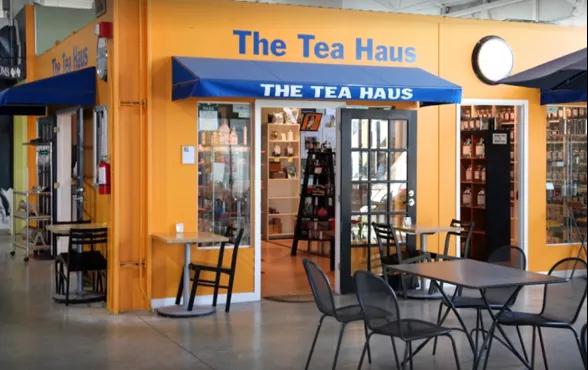The reason tea sales should not decline during COVID is that tea is a food product found in virtually every Canadian home, and “food companies should be okay,” says Sameer Pruthee, CEO of wholesale distributor Tea Affair based in Alberta, Canada.
And yet, his business, which distributes around 60 metric tons of tea and blends every year to more than 600 wholesale clients in Canada, the United States, and Asia, has declined approximately 30% every month since the March shutdown. The decline, he noted, is most significant among his retail clients in Canada, where the lockdown was widespread and uniformly enforced from mid-March until the end of May.
Pruthee’s theory for why tea sales are down is that tea is not an “online thing. Tea is social,”he explains.
Beginning in March tea retailers supplying local restaurants and cafes watched helplessly as re-orders vanished. Local tea shops with online stores initially reported strong sales, largely to existing customers during lockdowns, but without face-to-face opportunities to introduce new teas, tea retailers must innovate to attract new customers.
DAVIDsTEA provides a vivid example. The Montreal-based firm, the largest tea retail chain in North America, was forced to restructure, closing all but 18 of its 226 stores in the US and Canada due to COVID-19. To survive, the company adopted a “digital first” strategy, investing in its online customer experience by bringing its tea guides online to provide human and personalized interaction. The company also upgraded the capabilities of DAVI, a virtual assistant that helps customers shop, discover new collections, stay in the loop with the latest tea accessories, and more.
“The simplicity and clarity of our brand is resonating online as we successfully bring our tea expertise online, by providing a clear and interactive experience for our customers to continue to explore, discover and taste teas they love,” said Sarah Segal, Chief Brand Officer at DAVIDsTEA. The physical stores that remain open are concentrated in the Ontario and Quebec markets. Following a disastrous first quarter, DAVIDsTEA reported a 190% second-quarter increase in e-commerce and wholesale sales to $23 million with a profit of $8.3 million largely due to a $24.2 million decrease in operating costs. Still, sales overall are down by 41% for the three months ending Aug. 1. Still, when compared to the previous year, profits decreased by 62% with gross profit as a percentage of sales declining to 36% from 56% in 2019. Delivery and distribution costs increased by $3 million, according to the company.
“We expect that the increased cost to deliver online purchases will be less than the selling expenses incurred in a retail environment that have been historically included as part of selling, general and administration expenses,” according to the company.
COVID has changed consumer habits, Pruthee says. COVID first cut off in-person shopping, and then transform the shopping experience due to social distancing. For the tea industry to bounce back, tea companies need to find ways to be part of new customer habits.
Post time: Dec-14-2020

